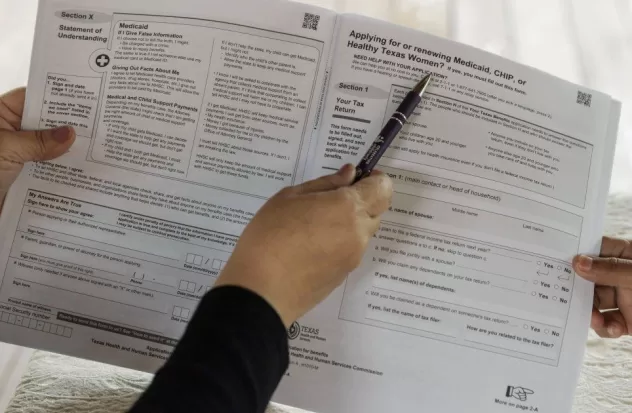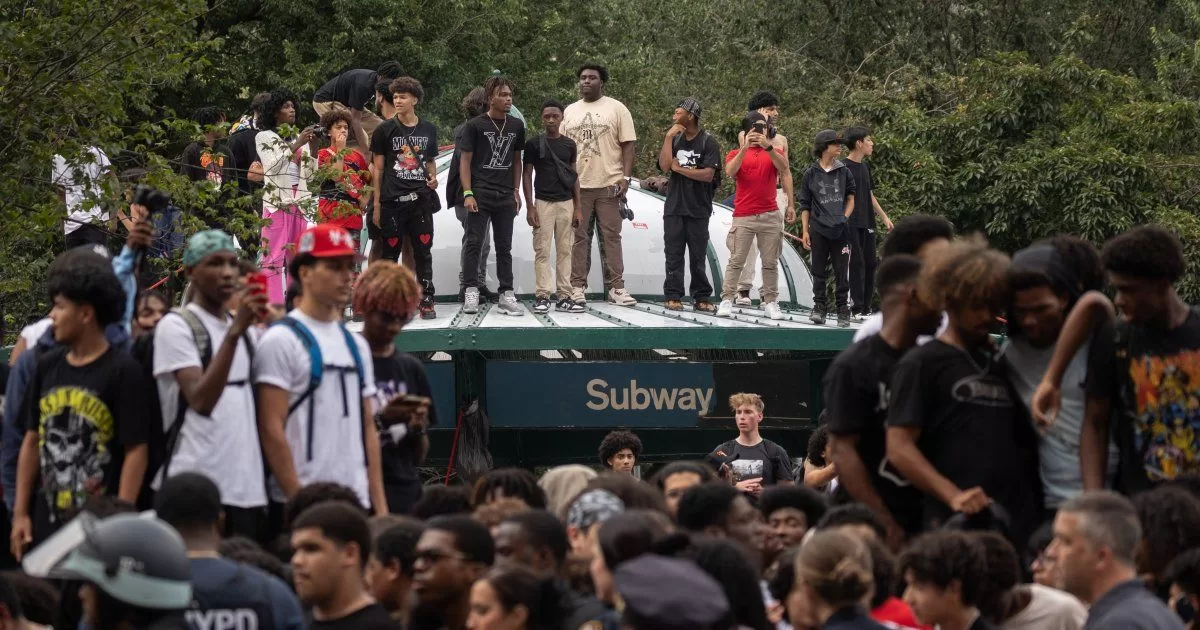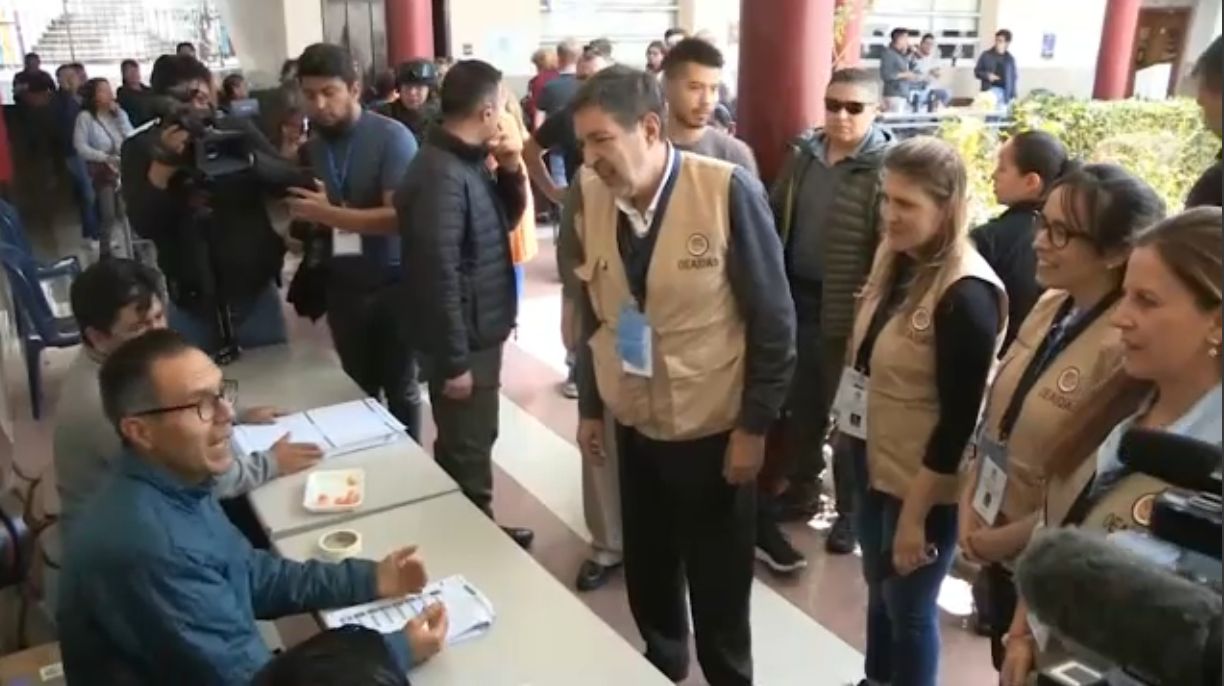Almost a quarter of people who lost their health care service Medicaid during post-pandemic eligibility reviews still lack health insurance and high costs prevent them from getting another coverage plan, a new survey revealed Friday.
At least 20 million low-income Americans have lost their federal health insurance since the provision that prevented state authorities from disenrolling their residents during the COVID-19 pandemic ended in March 2023, according to the tracker. of KFF revocations. The figure exceeds the initial prediction of President Joe Biden’s government, which was 15 million people.
States have until at least June — some more — to complete eligibility reviews, so experts say the number is likely to rise. National Medicaid enrollment grew by nearly a third during the pandemic, from 71 million people in February 2020 to 94 million in April 2023.
The number of disenrollments and uninsured people could be much higher, warned Joan Alker, executive director and co-founder of Georgetown University’s Children and Family Center. This is because the survey does not take into account children, who have been one of the groups most affected by the reversals.
“The question is, ‘How long are they going to stay uninsured?’” he said. “States that want to provide medical coverage to their inhabitants will have to work hard to recover them.”
Half of people who were enrolled in Medicaid before losing service said they had heard little or nothing about the process, according to the KFF survey, which includes responses from 1,227 adults who previously had that health care program.
56% of those disenrolled from Medicaid said in the survey that they postponed needed medical care while trying to renew service.
And health care costs of any kind can be a significant burden for low-income Americans, stressed Sara Rosenbaum of the George Washington University School of Public Health and Health Services.
“Suddenly, a medical consultation that didn’t cost them anything (before), let’s say it’s going to cost them five dollars. “That $5 can be $500 for some people,” she detailed.
Most respondents also noted that they had problems trying to renew their Medicaid coverage, such as long wait times on the phone and problems with paperwork. That corresponds with concerns from advocates and officials about the huge number of procedural disenrollments — when people are disenrolled because of paperwork errors or failure to return forms.
In the 10 states that have not yet expanded Medicaid, people were more likely to be required to show proof of residency to renew their coverage, the KFF survey showed, and blacks and Hispanics overall were more likely to be will request a document that corroborates their legal status.
That makes an already complicated process even more arduous.
“We have known for decades that the more burdensome the application and renewal process, the more likely it is that fully eligible people will not get the coverage to which they are entitled,” Rosenbaum said.
According to KFF, more than 30 million people are still waiting for their Medicaid renewals, while 43.6 million have had their coverage renewed.
Source: AP







